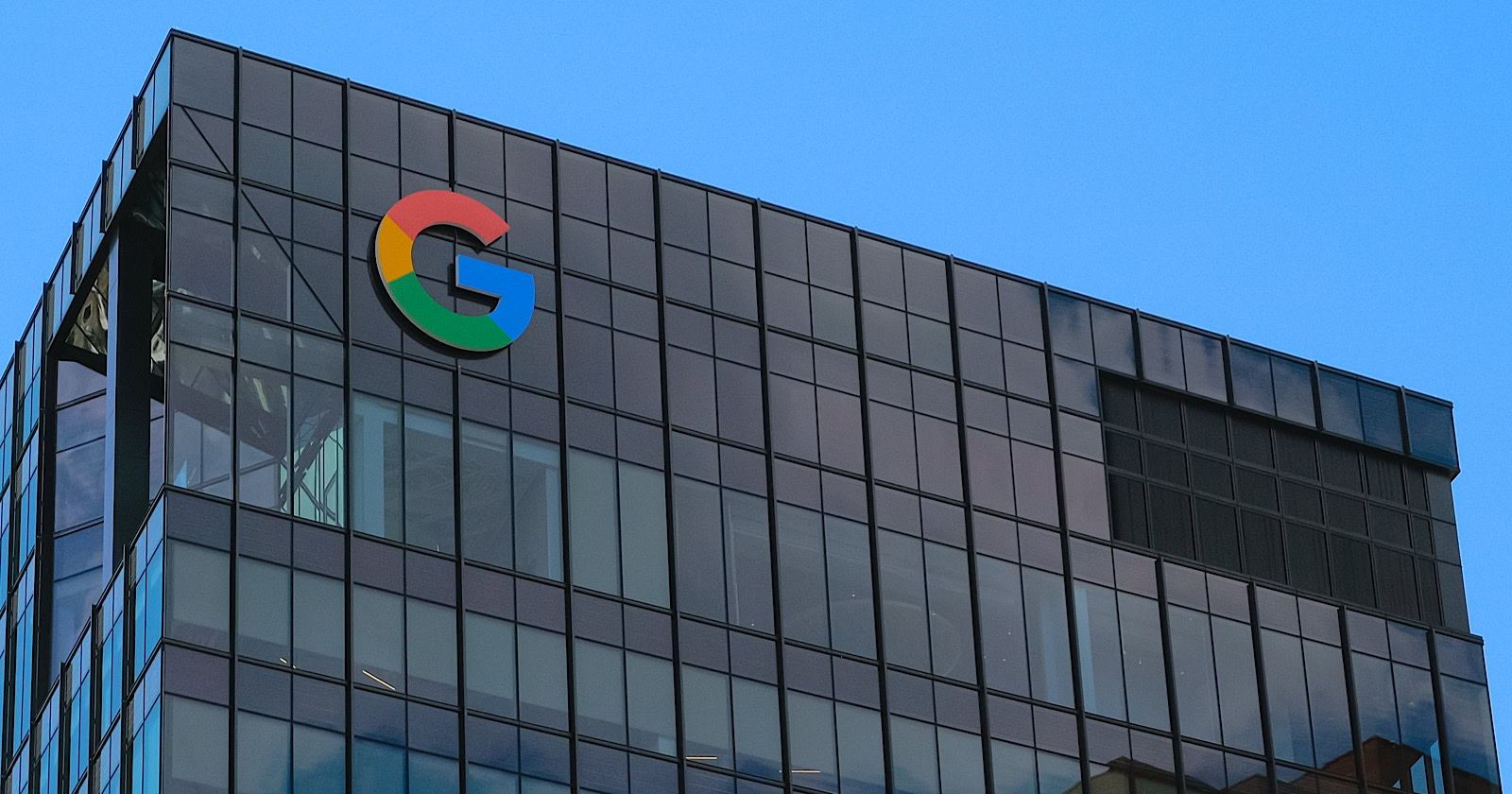Google has officially acknowledged that some internal documents recently leaked online are authentic.
The files containing details about data Google collects and potentially uses in its search ranking algorithms ignited speculation and analysis within the SEO community.
Now, there’s a question of whether the leak will cause Google to tighten its already restricted communication channels.
Background Information
The existence of the leaked documents was first reported earlier this week by Rand Fishkin and Mike King.
They claim the materials offer a look under the hood of Google’s closely guarded search engine, suggesting the company tracks data like user clicks and Chrome browsing activity – signals that Google representatives have previously downplayed as ranking factors.
However, Google has cautioned against jumping to conclusions based on the leaked files alone.
Many in the SEO community have made potentially inaccurate assumptions about how the leaked data points fit into Google’s systems. Google cautions against this.
A Google spokesperson said in a statement to The Verge:
“We would caution against making inaccurate assumptions about Search based on out-of-context, outdated, or incomplete information.”
Potential Impact On Google’s Public Communication
The leak has put Google in an awkward position, forcing the typically tight-lipped company to respond publicly.
With so much speculation and argumentation now swirling around the leaked files, Google may hesitate to reveal new details about its search engine and ranking processes.
Historically, the company has walked a fine line between guiding SEO professionals and publishers while protecting its algorithms from manipulation and abuse.
Looking Ahead
While the documents provide clues about Google’s search algorithms, much remains unknown about how Google collects and weights the various data points.
The consensus view emerging is to treat the leaked information as a jumping-off point for further research and testing, not as gospel truth about what drives search rankings.
Open and collaborative discussion has always been a strength of the SEO world. Still, it’s important to pair that knowledge-sharing with rigorous testing, healthy skepticism, and respect for the limitations of any one data source – even from inside Google itself.
FAQ
How might the leak change Google’s communication strategy?
Following the leak, Google might become more secretive in its communications to avoid further exposure of sensitive information.
Historically, Google has balanced guiding SEO experts while protecting its algorithms from manipulation. This balance may shift, leading to restricted public disclosures about its search engine and ranking processes.
Why is it important not to draw hasty conclusions from the leaked documents?
It’s crucial not to make hasty conclusions from the leaked documents because they might contain incomplete, outdated, or out-of-context information.
Google has cautioned against making inaccurate assumptions about its search algorithms based solely on these files. SEO professionals are advised to use the information as a starting point for further research and validation through practical testing.
What should SEO experts focus on after the Google data leak?
Post-leak, SEO experts should focus on fostering open and collaborative discussions while being skeptical of any one data source, even if it’s from Google.
They should continue testing and research to confirm insights from the leaked documents. Aim to develop strategies based on verified and comprehensive data rather than solely relying on potentially misleading internal leaks.
Featured Image: Veroniksha/Shutterstock




